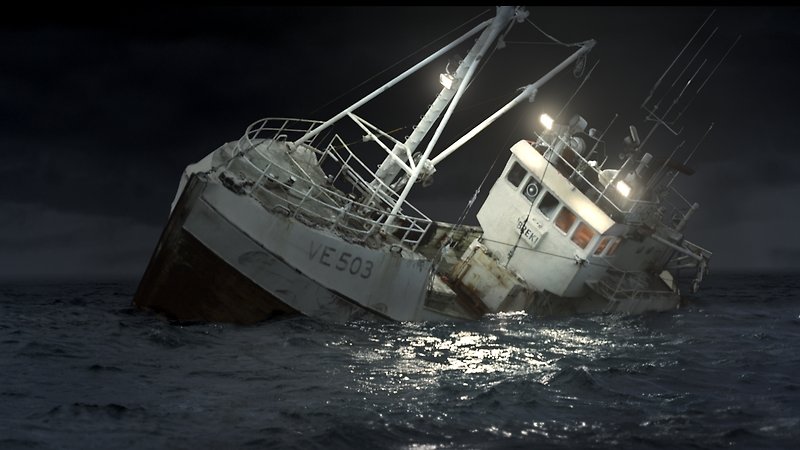The improbable true story of a ship-wrecked fisherman who swam for six hours in a stormy, icy (5-6 C) ocean offers a powerful, elemental depiction of an incident that still baffles many commentators.

A slice-of-life drama that reveals reams about national character and identity.
Screened as part of Autumn Events 2013
The Deep 2012
2013 has already been a singular year for peril at sea in the movies. Neither of the other stand-outs conveys actual experience with the terrifying conviction achieved by director Baltasar Kormákur in The Deep. The improbable true story of a ship-wrecked fisherman who swam for six hours in a stormy, icy (5-6° C) ocean offers a powerful, elemental depiction of an incident that still baffles many commentators. When fishing trawler Breki put out to sea in March 1984 an accident with the trawl caused the boat to capsize in rough waters. The entire crew was swept into the Atlantic. Calmed and comforted by a seagull wheeling above him, 22-year-old Gudlaugur Fridthórsson, miraculously retained consciousness and swam for hours, telling the bird about the unfinished business that he intended to live to complete.
Kormákur (101 Reykjavik, Jar City, The Sea), whose talents have recently been co-opted by Hollywood, remains a laconic poet of Icelandic character (liquor ingestion included). He eschews movie heroics to focus on Fridthórsson’s ordeal and his resilient ordinariness. The ordeal was by no means over with his rescue. The unprepossessing, unassuming young fisherman was ill-prepared to become the object of widespread public speculation and intense scientific investigation that ensued. How on earth did his body withstand such conditions? Was he even telling the truth?